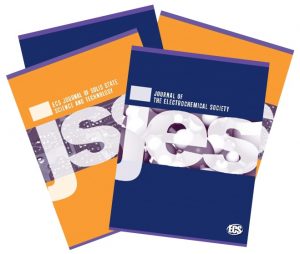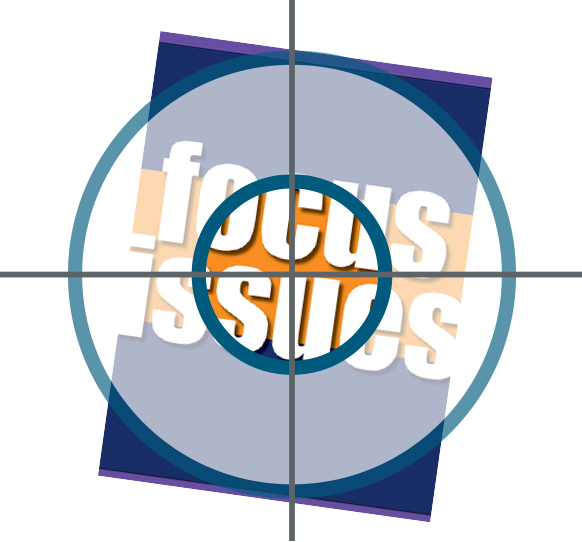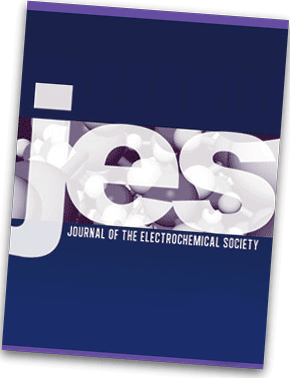Deadline Extended!
David Cliffel and Thomas Fuller, Technical Editors,
and
Minhua Shao, Guest Editor
invite you to submit to the
Journal of The Electrochemical Society
Focus Issue on:
Electrocatalysis — In Honor of Radoslav Adzic
Submission Deadline | August 1, 2018
Radoslav Adzic, a senior scientist emeritus at the Brookhaven National Laboratory, has made numerous important contributions to the community of electrocatalysis since the 1960s. This focus issue of the Journal of The Electrochemical Society is organized to celebrate Dr. Adzic’s great achievements. Contributions are solicited for all aspects of electrocatalysis. The following areas are of particular interest:





 The
The 
 Over 1,840 articles were published in ECS journals in 2017, ranging from battery technology to materials science. Among those articles, “
Over 1,840 articles were published in ECS journals in 2017, ranging from battery technology to materials science. Among those articles, “ In the Fall of 2011, Sarah Mackenzie, the maid of honor at my wedding, was diagnosed with a rare form of ovarian cancer. Sarah and her family were motivated to learn as much as they could about the disease to advocate for her care. They weren’t scientists, but they started searching the literature for relevant articles. One evening, Sarah called us, angry. Every time she found an article that might be relevant to understanding her disease, she ran into a paywall requiring $15-$40 to access it. Public money had paid for the research, yet she was barred from making any use of it. Luckily, she had us. Most people in Sarah’s position don’t have the luxury of friends at wealthy academic institutions with subscriptions to the literature.
In the Fall of 2011, Sarah Mackenzie, the maid of honor at my wedding, was diagnosed with a rare form of ovarian cancer. Sarah and her family were motivated to learn as much as they could about the disease to advocate for her care. They weren’t scientists, but they started searching the literature for relevant articles. One evening, Sarah called us, angry. Every time she found an article that might be relevant to understanding her disease, she ran into a paywall requiring $15-$40 to access it. Public money had paid for the research, yet she was barred from making any use of it. Luckily, she had us. Most people in Sarah’s position don’t have the luxury of friends at wealthy academic institutions with subscriptions to the literature.